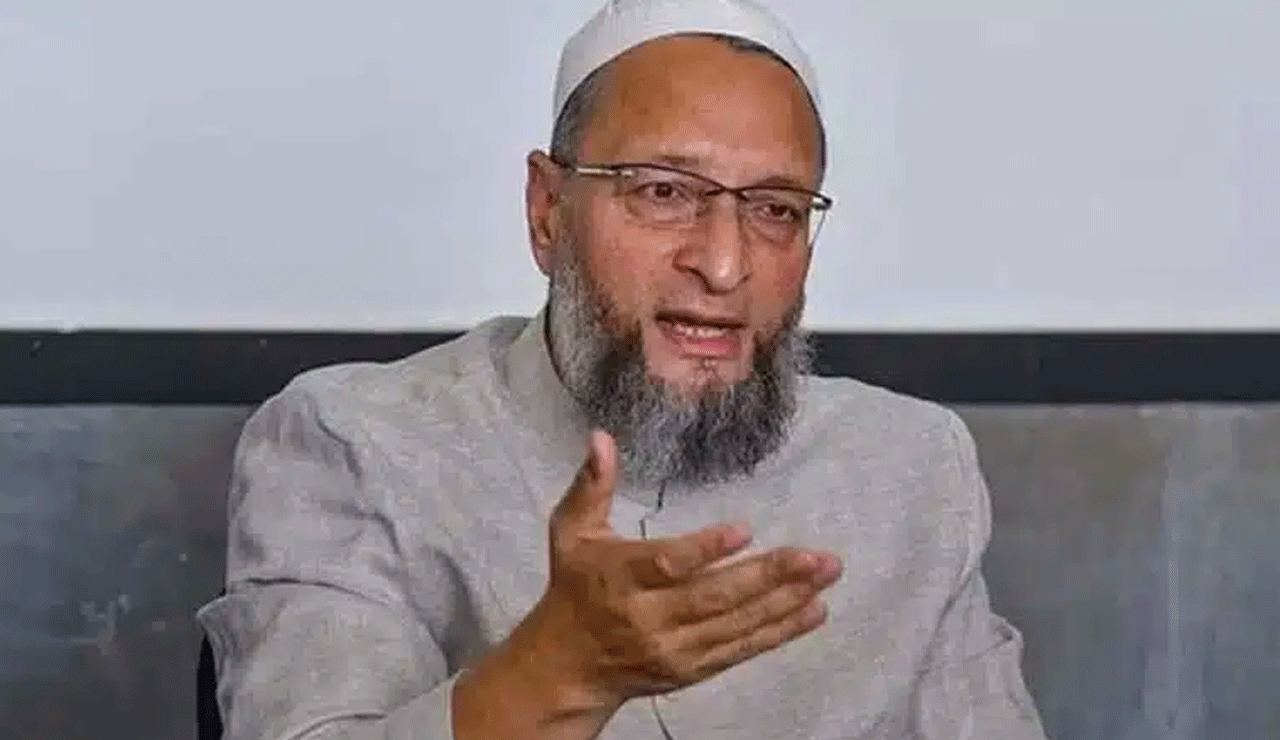Waqf Amendment Sparks National Row Will SC Uphold Owaisi’s Challenge?
All India Majlis-e-Ittehadul Muslimeen (AIMIM) President Asaduddin Owaisi has strongly objected to the inclusion of members from other religions in the Waqf Board, calling the Waqf (Amendment) Act, 2025 "unconstitutional" and a violation of religious autonomy.

Hyderabad: All India Majlis-e-Ittehadul Muslimeen (AIMIM) President Asaduddin Owaisi has strongly objected to the inclusion of members from other religions in the Waqf Board, calling the Waqf (Amendment) Act, 2025 “unconstitutional” and a violation of religious autonomy.
Addressing the media on Sunday, Owaisi announced that the Supreme Court of India will hear his petition challenging the controversial Act on April 16, 2025.
“Unconstitutional and Discriminatory”: Owaisi Slams Modi Government
Owaisi alleged that the Waqf Amendment Bill, brought in by the Narendra Modi government, is a “black law” and violates the core principles of the Waqf system. He criticized the bill’s provision that allows individuals from other religions to be part of the Waqf Board, which traditionally manages Islamic religious endowments.
Table of Contents
“Is it right to say that people from other religions should be part of the Waqf Board?” Owaisi asked, voicing concern over potential interference in Muslim religious affairs.
He further claimed that the Act would result in the transfer of ownership of Waqf properties to those who were previously “taken over” by the board.
Hyderabad Protest Meeting Scheduled on April 19
Owaisi also announced a public meeting in Hyderabad on April 19 to protest against the Waqf Amendment Act. He alleged that the bill was passed with the support of Chandrababu Naidu and Bihar CM Nitish Kumar, criticizing their role in helping the central government push the legislation through Parliament.
Also Read: Markets Brace for Volatility: Q4 Results, Inflation & Global Data in Focus
Supreme Court Hearing on April 16 with 3-Judge Bench
According to the Supreme Court’s official website, a three-judge bench led by Chief Justice Sanjiv Khanna will hear the plea filed by Owaisi. The other two justices on the bench will be Justice Sanjay Kumar and Justice K V Vishwanathan.
Owaisi’s petition argues that the amendment infringes upon the religious rights of the Muslim community and challenges the legality and constitutionality of the new provisions in the Act.
